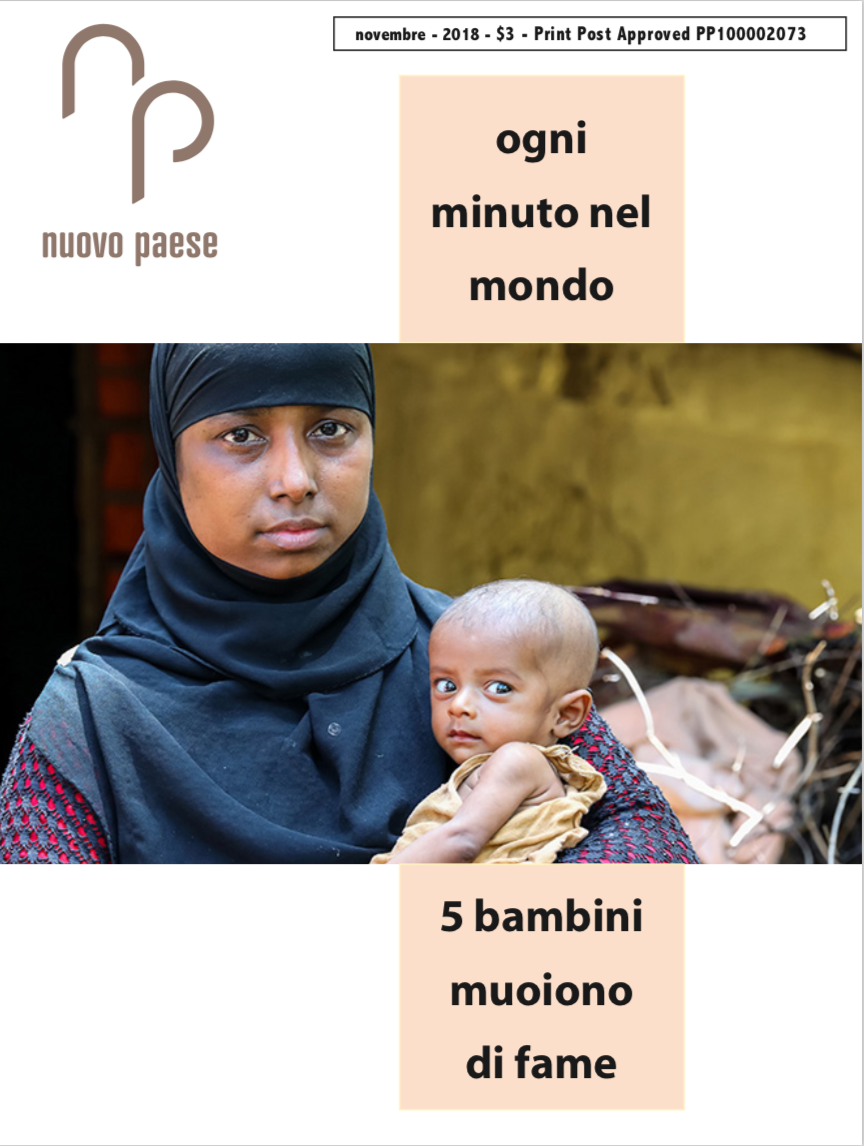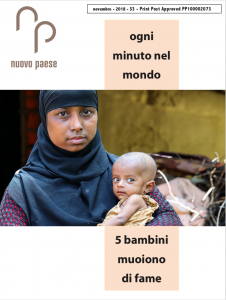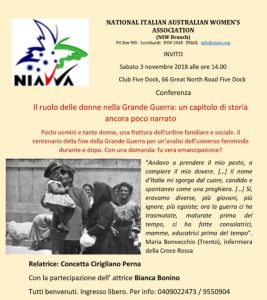Come and celebrate Italian Liberation Day with FILEF
This day commemorates the victory of the Resistance to nazi-fascism on 25 April 1945 which gave birth to the Italian Republic with a democratic Constitution recognising the fundamental value of labour.
This year’s theme is:
“Women and Resistance then and now”
Looking at Resistance during Fascism and Nazism and today against racism and other forms of oppression.
Festa della Liberazione will be held at the Associazione Napoletana in Leichhardt and will include special guest speakers, film clips, dinner, and live music by the vibrant latin sounds of PAPALOTE
Speakers
Lucia Sorbera, historian specializing in women and gender issues, Senior Lecturer in the Department of Arabic Languages and Cultures, University of Sydney. “Women in the historic Italian Resistance”
Mehreen Faruqi, Greens Senator in the Federal Parliament. Pakistani-born, she is the first Muslim woman to be elected to an Australian Parliament, after a 25 year career as a professional engineer and academic. “Women in today’s resistance to racism and other forms of oppression”
ENTRY $45
-
Associazione Napoletana, 1a Marion St Leichhardt.
- Dinner consists of antipasto, lasagna (classic or vegetarian), dessert and coffee
- Drinks: BYO or purchase at the counter
- Booking in advance is essential for catering purposes through Trybooking
- Facebook event
For further information ring Bruno on 0414 234 701 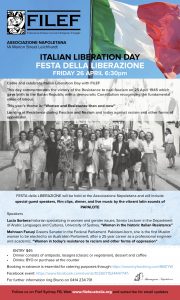
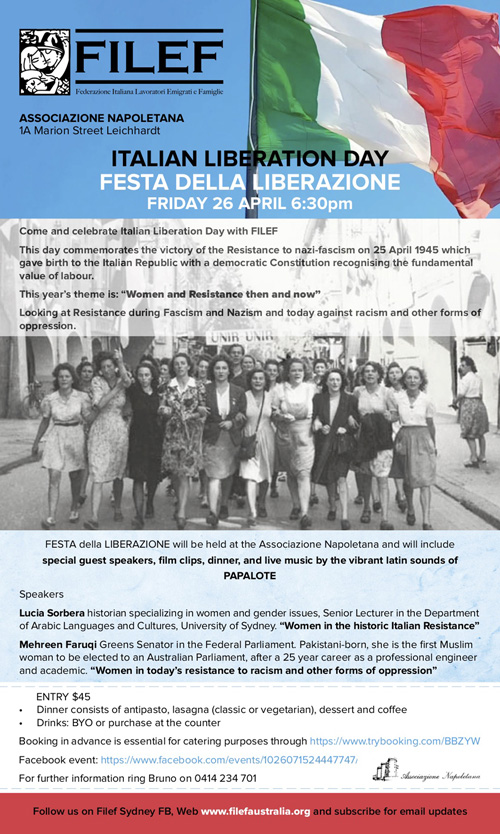
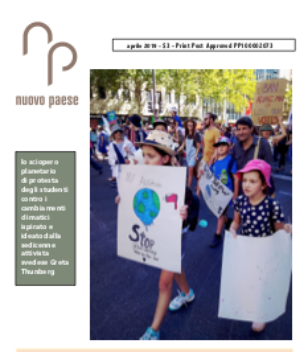
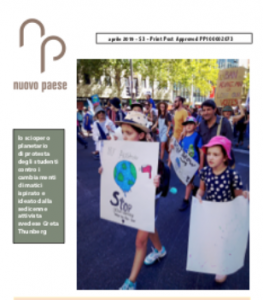

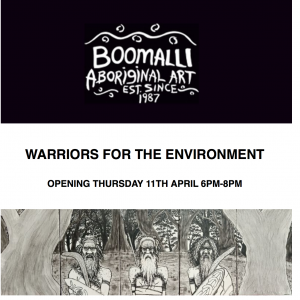
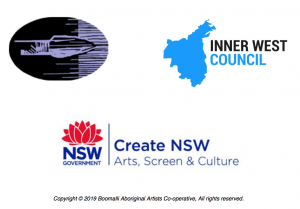
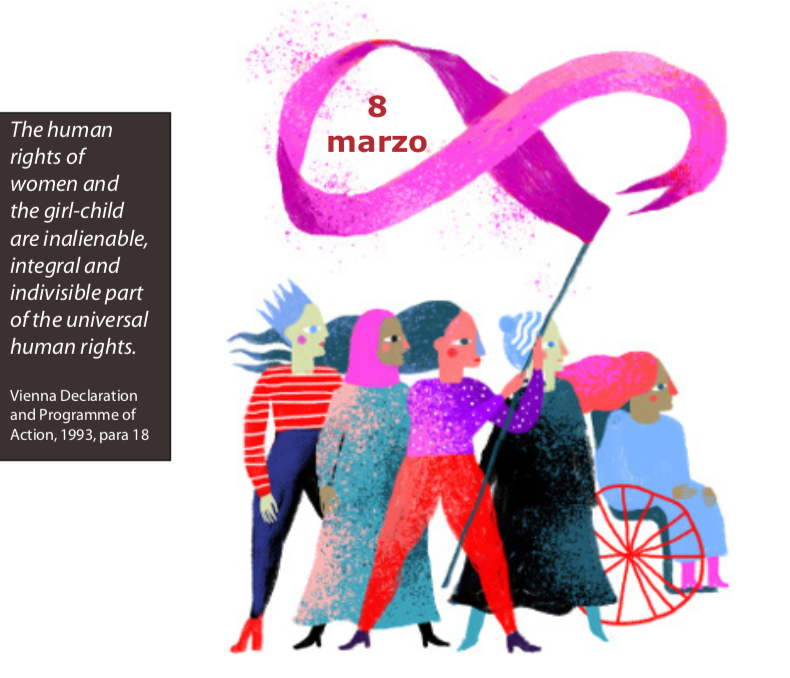
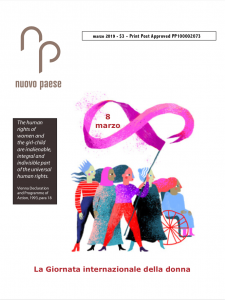




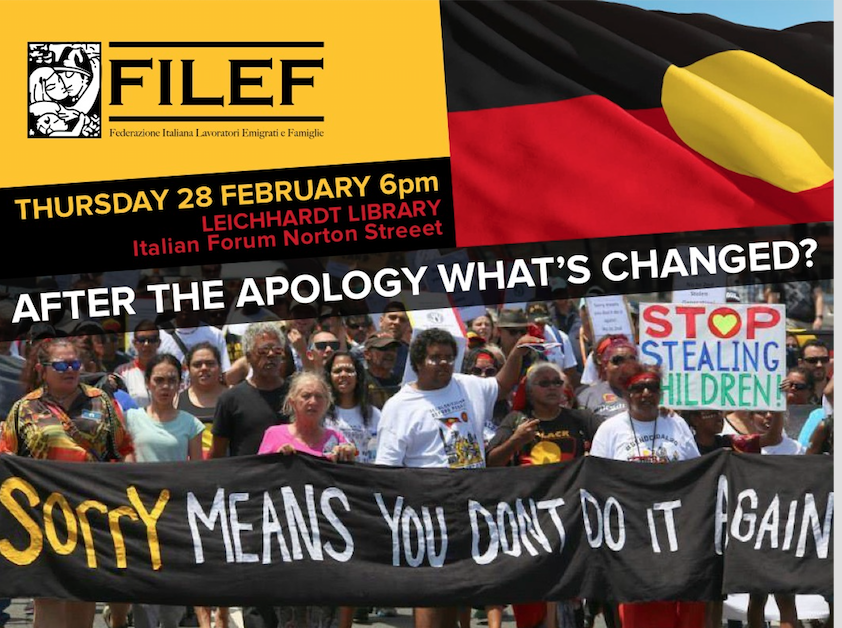

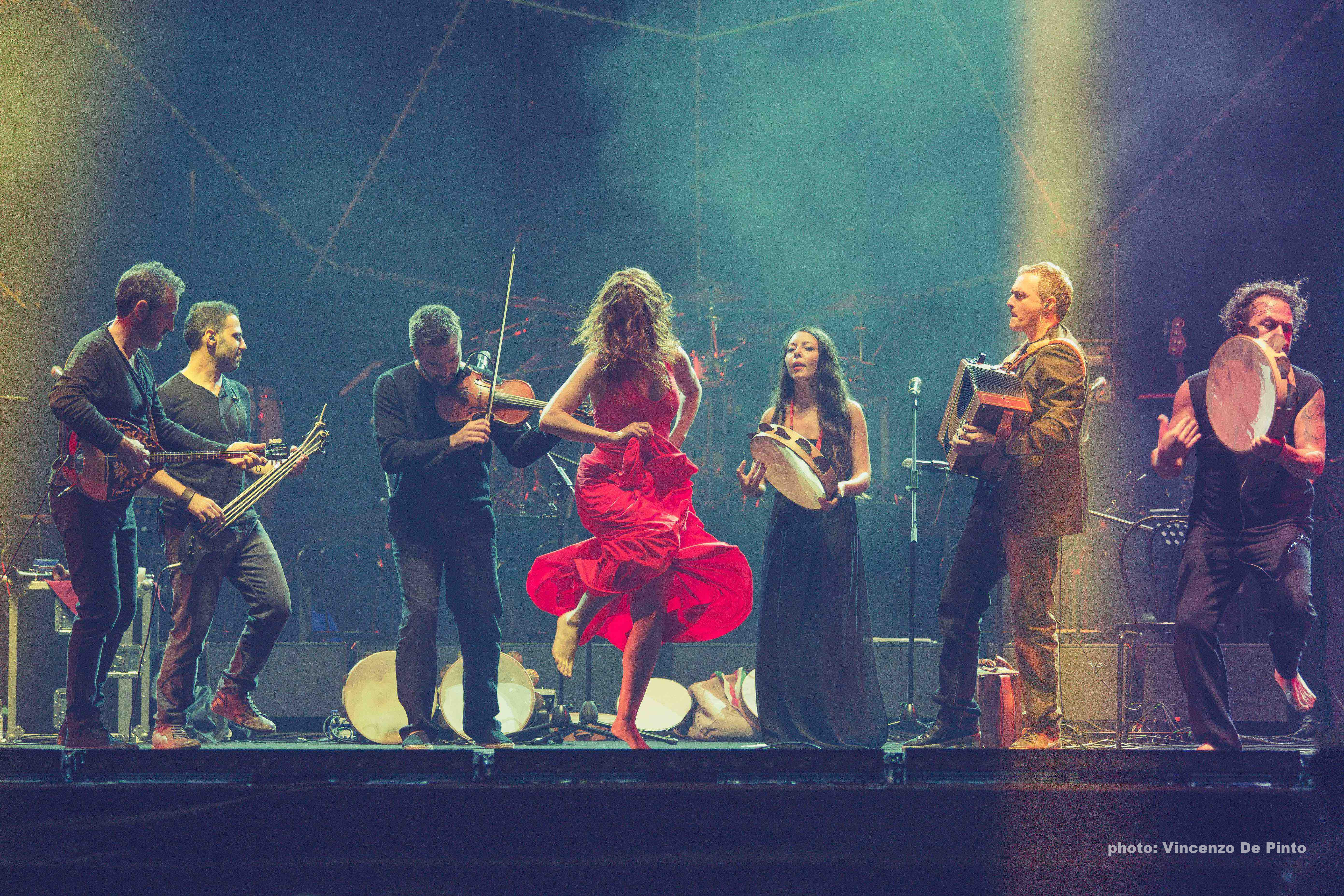
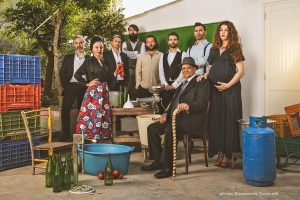
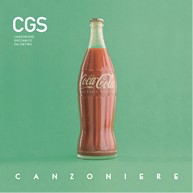
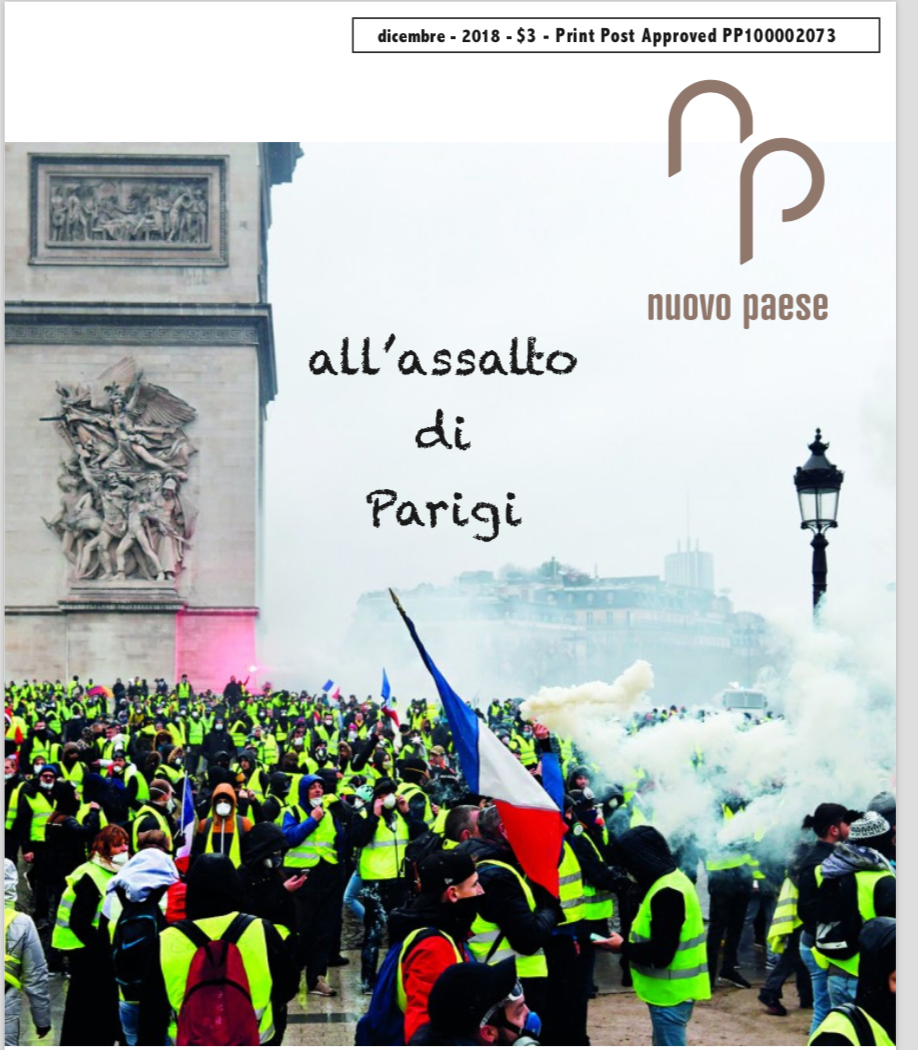
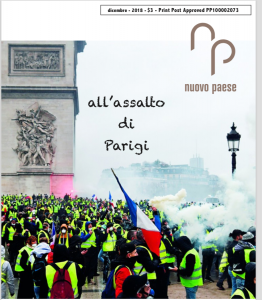


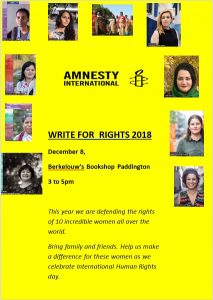

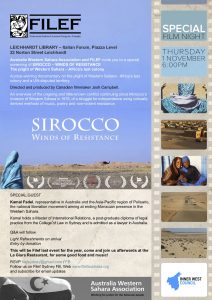 SIROCCO – WINDS OF RESISTANCE
SIROCCO – WINDS OF RESISTANCE